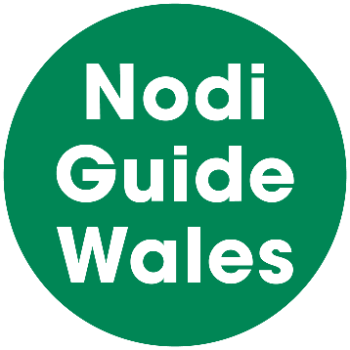01.11 What is meant by the duty to have “due regard” to the UNCRC and UNCRPD under ALNET?
A: SenseCheck

- 0 Yes
- 0 No
- 1 Other
- 01 Nov 2024
-
Other
|
Complex
Can't answer yes or no.:
The ‘due regard’ formula is borrowed from the UK equalities enactments, and cases bought under these enactments explain how ‘due regard’ should be implied in practice. In summary, the duty requires a conscious and open-minded and informed consideration of the rights in the UNCRC and UNCRPD to identify whether they are relevant to the decision at hand and give them the weight that is appropriate in all the circumstances. This consideration must form an integral part of the planning process instead of being merely an afterthought: see also R (on the application of Meany) v Harlow DC [2009] EWHC 559 (Admin) para 74, approved in R. (on the application of Bailey) v Brent LBC [2011] EWCA Civ 1586 para 75. This duty must be exercised ‘in substance, with rigour and an open mind’ and should not form a mere ‘tick box’ exercise: see R. (on the application of Brown) v Secretary of Work and Pensions [2008] EWHC 3158 (Admin) paras. 92 and 95.
Sections 7(4) and 8(4) ALNET provide that the duties to have regard are to be interpreted in accordance with any provisions of the ALN Code 2021 which set out what is required to discharge the due regard duties (that is Chapter 5 of the ALN Code, and in particular paras 5.6-5.10, 5.12, 5.17 and 5.19.)
LAs must have due regard to the Conventions when planning generally how they will exercise their functions under ALNET: para 5.6 ALN Code 2021.
LAs and NHS bodies should keep a record to demonstrate how they have complied with their due regard duties (para 5.9 ALN Code). A failure to do this may make the authority vulnerable to a finding that it has failed to have regard to the Conventions and to the ALN Code.
The duties to have “due regard” to the Conventions do not require specific consideration to be given to the Conventions on each occasion a function under ALNET is exercised (such as a decision made about an individual child or young person): ss 7(3) and 8(3) ALNET. This duty is therefore unlikely to impact on decisions made in respect of individual children.

|
Comment